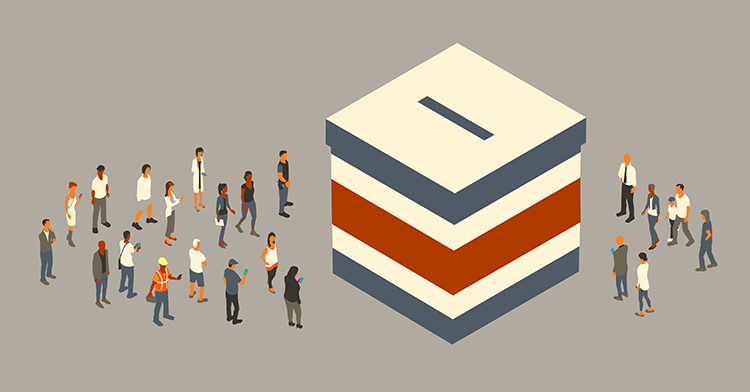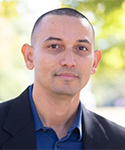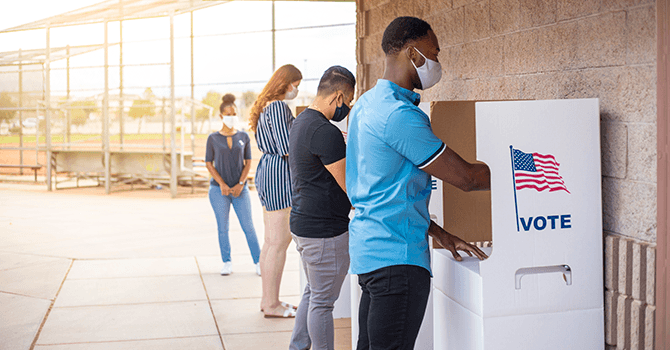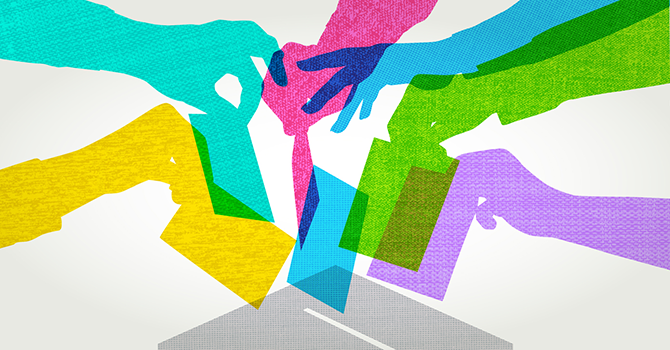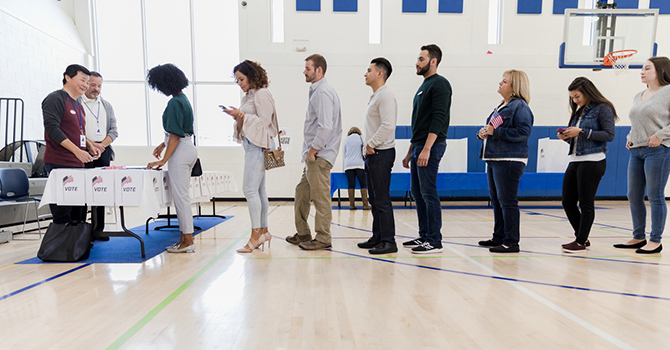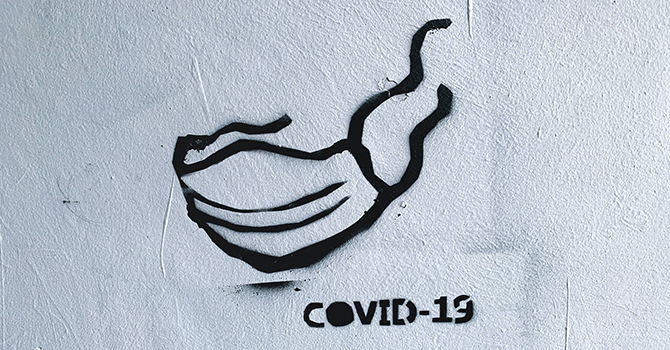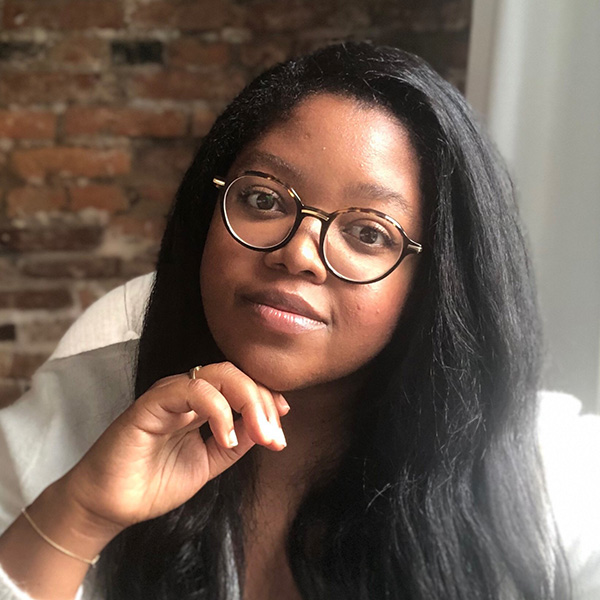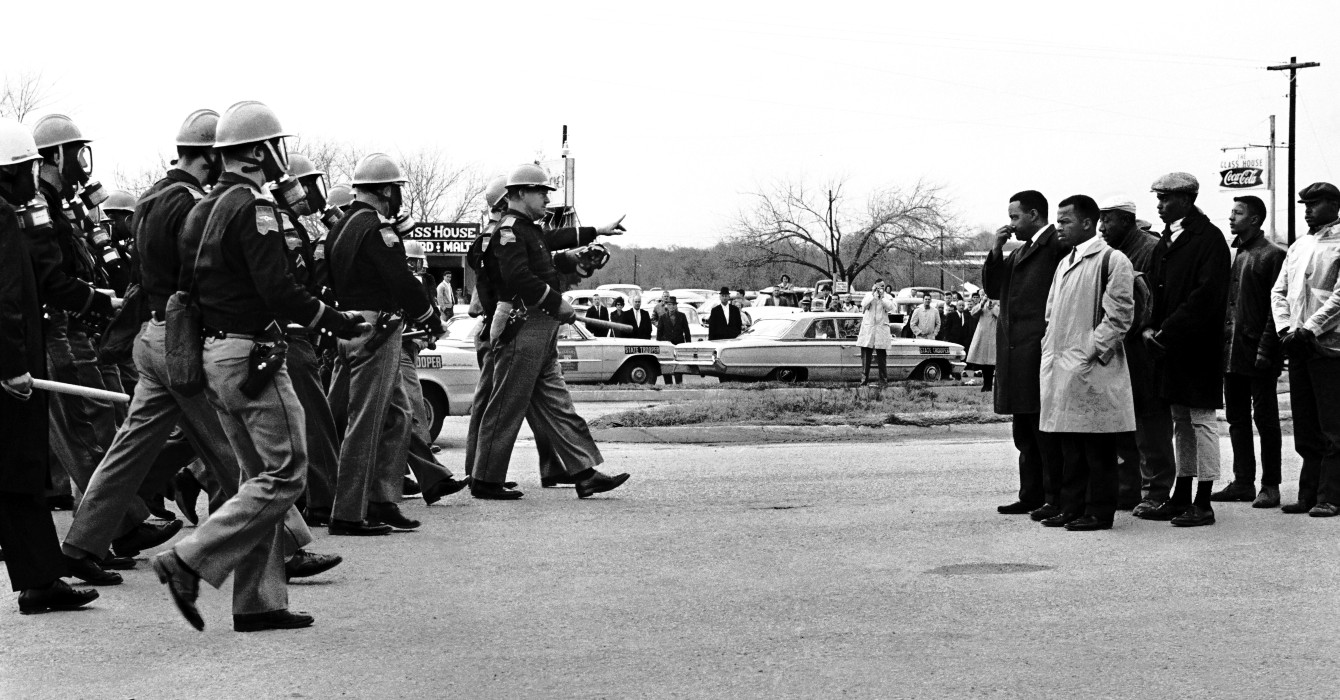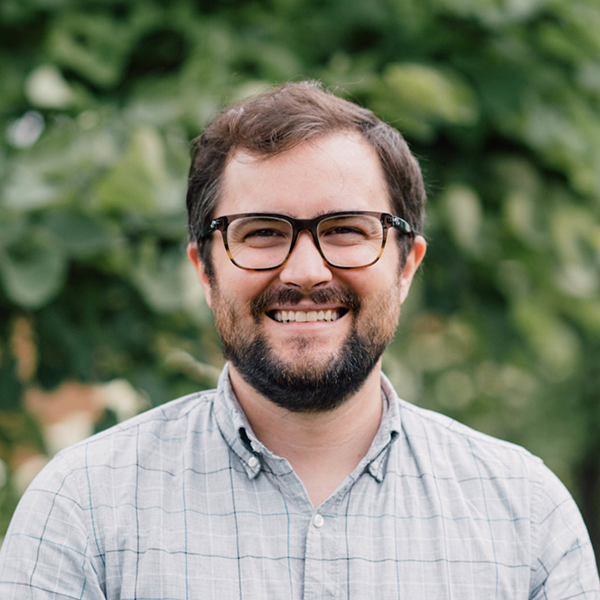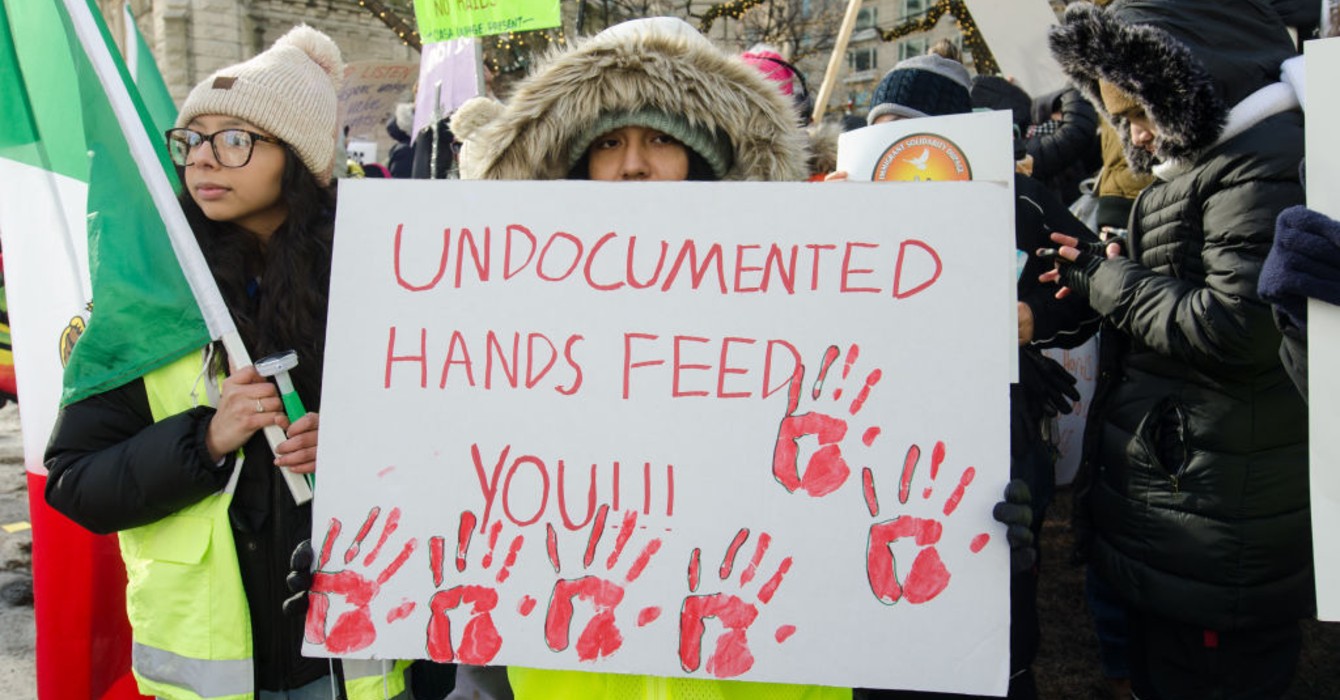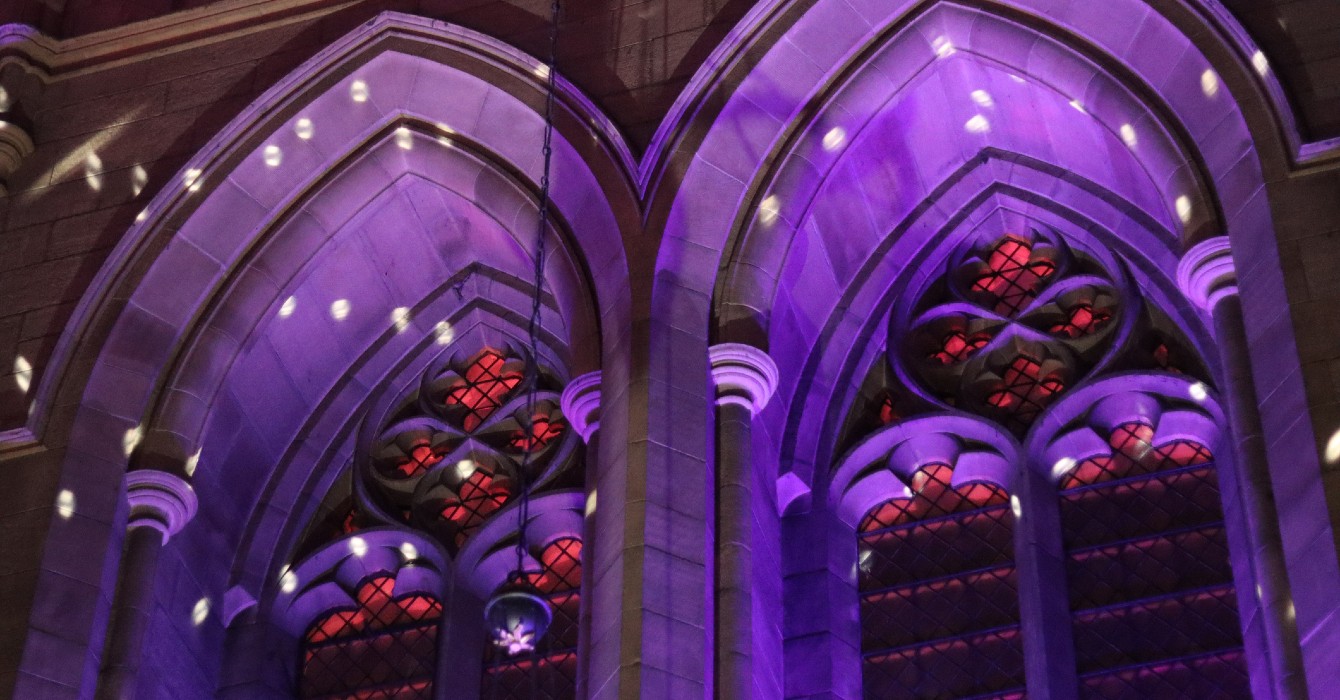In 1968, my parents made the controversial decision to marry, just one year after the Supreme Court had legalized interracial marriage nationwide in Loving v. Virginia.
My mother and father instilled in me two deeply held beliefs. The first is that my diversity — I identify as both a biracial and a Black man — is a source of strength, not a weakness. Second, in a broader sense, that our nation’s racial diversity is an incredible asset, not a liability. I have come to see America’s ever-growing racial, ethnic and religious diversity as our superpower. Yet tragically, throughout our country’s history, so many have viewed it as a form of kryptonite.
My parents also taught me that my generation inherited the unfinished business of the civil rights struggle. As I became fascinated by the Civil Rights Movement, I recognized that this unfinished business centered on causes like advancing economic justice and transforming our legal system.
Last spring, I had the profound privilege of walking across the Edmund Pettus Bridge and meeting with Lynda Blackmon Lowery, the youngest marcher brutalized on Bloody Sunday. She, too, impressed upon me and our group that we must finish what she started.
It is sobering that protecting the sacred freedom to vote has once again become an essential part of that unfinished business. Access to the polls is facing perhaps the most serious assault it has endured since the Jim Crow era, in the wake of the Supreme Court’s Shelby County v. Holder decision that significantly eroded the power of the Voting Rights Act.
As a result, in recent years we’ve seen many states pass laws that make it more difficult for people to exercise their sacred freedom to the franchise, often in ways that disproportionately affect people of color, people with low incomes and young people. These often more sophisticated barriers take many forms, from purging voter rolls to limiting early and mail-in voting to imposing stricter voter identification requirements, along with spreading disinformation and employing intimidation tactics.
According to the Brennan Center’s latest report, last year, at least 14 states enacted 17 restrictive voting laws, all of which will be in place for the 2024 election. In addition, at least six states enacted seven election interference laws — laws that open the door to partisan interference in elections or threaten the people and processes that make elections work. These bills are often proposed and passed under the pretense of preventing fraud.
The Faiths United to Save Democracy campaign has been working since the 2020 election to train and mobilize a nonpartisan, multiracial, multifaith, multigenerational coalition of faith leaders to protect the freedom to vote. The campaign is co-convened by the Skinner Leadership Institute, Sojourners and the Georgetown University Center on Faith and Justice and involves a diverse group of national partners.
For the 2022 midterms, Faiths United trained more than 700 poll chaplains, who spent Election Day serving as a moral presence to deter voter suppression and violence and to help troubleshoot challenges — keeping voters safe in precincts across 10 states, especially in communities where voters of color and others might face new barriers the most. If tensions ran high at these polling places, the trained faith leaders were ready with de-escalation tactics to deter and defuse any conflict that could lead to violence.
The book of Proverbs says, “Where there is no vision, the people perish” (Proverbs 29:18 KJV). A modern companion to this timeless wisdom is that where there is no strategy, campaigns and movements perish. Fortunately, Faiths United to Save Democracy has a clear strategy, which is divided into four phases.
The first phase has focused on voter registration and what’s at stake in the election. During this phase, FUSD has been working to ensure that all people know their rights. While many state laws make it harder and more confusing to vote, we must convince people that, with the unjust exception in some states for former felons, they can still exercise this sacred freedom.
The second phase continues through April and includes a “We Are Watching” component, in which we will be organizing meetings with senior election officials, including secretaries of state, to hold them accountable for conducting free, fair and safe elections.
The third phase runs from May through September and will focus on mobilizing and motivating voters, particularly young people, by emphasizing what’s at stake. We will also be recruiting and training poll chaplains to provide a moral presence at polling sites.
In the fourth and final phase, we will complete our voter mobilization plans and deploy our poll chaplains across key states. We will also be vigilant in pushing back against any evidence of voter suppression or election subversion that arises by training and equipping a rapid response network of faith leaders.
I’m proud to share membership in Alpha Phi Alpha fraternity with the modern-day prophet the Rev. Dr. Martin Luther King Jr. The motto for our fraternity’s voter registration campaign is “A voteless people is a hopeless people.” King understood that voting is literally essential to securing every other right we hold. Voting is our voice, our agency and our exercise of righteous power.
Protecting the right to vote affirms the divine image and inherent value of all God’s children. In the theological context of imago Dei from Genesis 1:26-27, we see that nothing diminishes the rule of law and our precious democracy more than voter suppression and efforts to deny people’s voices and agency.
Anti-democratic forces are emboldened by people’s cynicism and fatigue. The faith community can’t afford to be complacent or cautious. Together, through Faiths United to Save Democracy, we will generate the fierce urgency of now to protect the freedom to vote and save our democracy as a sacred cause and a faith imperative.
Protecting the right to vote affirms the divine image and inherent value of all God’s children.

